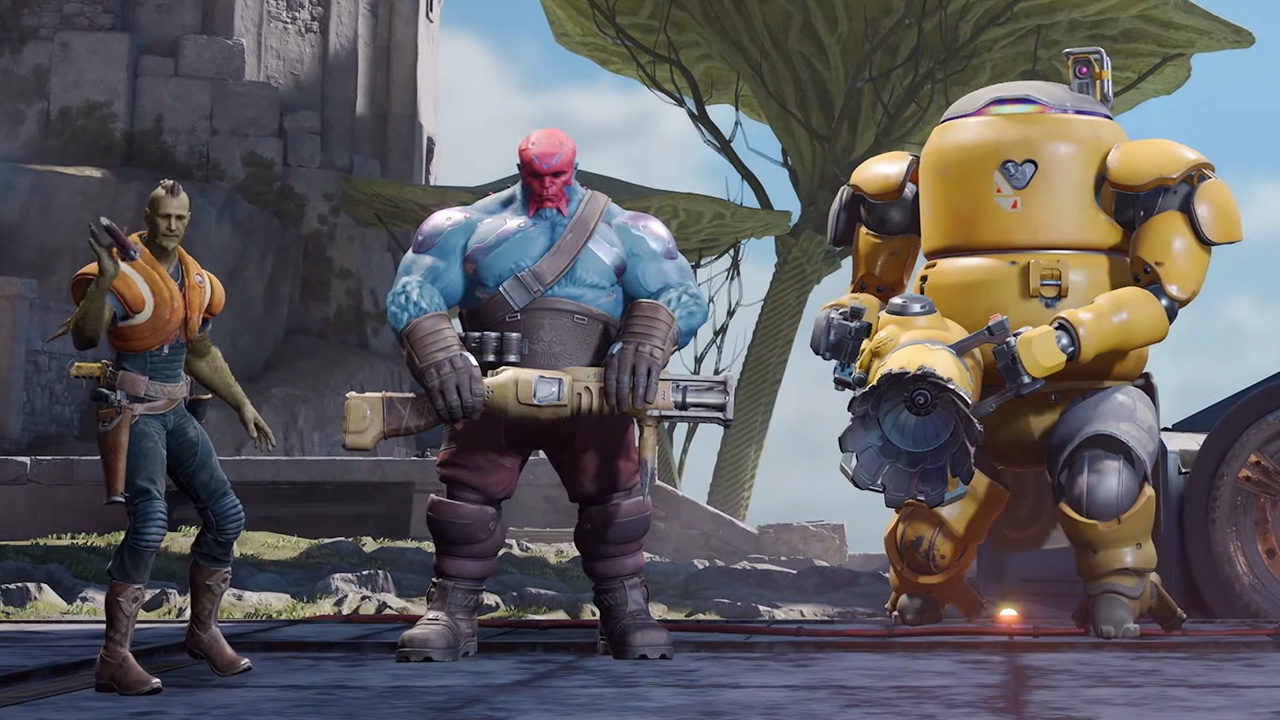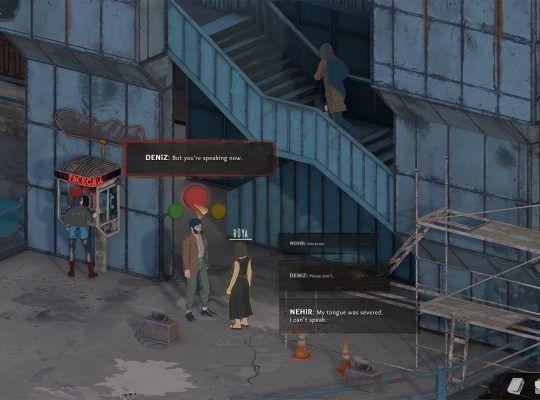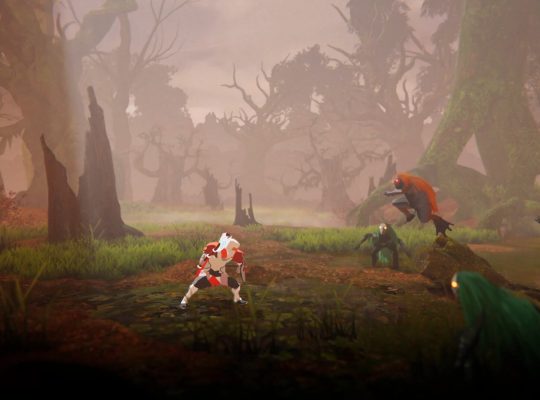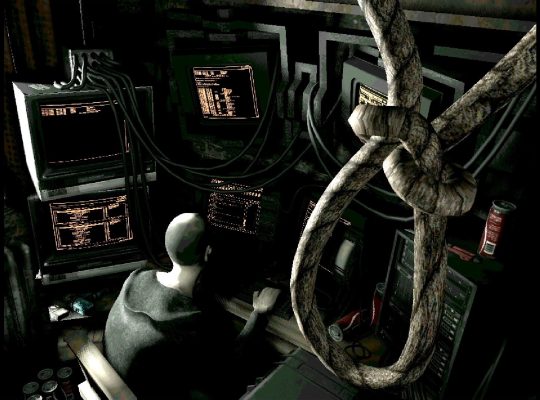The gaming world has long wrestled with the question of ownership in the digital age. In 2024, this concern hit a boiling point as players became increasingly vocal about the erosion of their rights to the games they purchase. Digital distribution has become the dominant way to buy games, but it comes with significant drawbacks.
Games purchased digitally are legally licenses and not sold, meaning consumers do not have legal ownership and cannot resell their games. Compared to physically distributed games, digital games cannot be destroyed because they can be redownloaded from the distribution system.
Unlike physical copies, digital games can vanish from storefronts or become unplayable when servers shut down. This issue has been made painfully clear by high-profile examples, like Sony’s Concord, which was discontinued just 11 days after its release. The frustration over these disappearances led to the creation of the “Stop Killing Games” campaign.
The Crew's servers will be shut down by the end of March 2024.
— NEO_NoiseBomb (@NEO_NoiseBomb) December 14, 2023
This is a game that people bought for $60. It'll be taken away from you, the consumer who purchased it. The same fate could happen to Need for Speed 2015, another $60 always online racing game.#NeedforSpeed #NFS https://t.co/UItBOD7YbY pic.twitter.com/YjM2c1KgCn
Sparked by Ubisoft’s decision to pull the plug on The Crew without an offline mode, this movement, spearheaded by YouTuber Ross Scott, advocates for better preservation of games and stronger consumer protections. The campaign has gained traction, with over 400,000 signatures on a petition to ban the practice of making multiplayer games unplayable after server shutdowns. If the petition reaches 1 million signatures, the EU will consider enforcing stricter regulations on digital game ownership.
This debate also prompted some responses from major industry players. Valve updated Steam’s disclaimers to remind users that digital purchases don’t guarantee permanent access. Meanwhile, GOG doubled down on its promise of DRM-free purchases, allowing players to truly own their games and even pass their libraries to others after death.
Some studios and publishers are taking preservation seriously. Companies like Capcom have embraced their older games, often remastering or re-releasing them, while studios like Nightdive focus on restoring classics. These efforts show that preserving games is not only possible but profitable, proving there’s no excuse for the industry’s broader negligence in this area.
The issues of ownership and preservation are now unavoidable. As gaming libraries grow and digital platforms become more ingrained in players’ lives, gamers are demanding better protections. While the convenience of digital gaming has been appealing, 2024 marked a turning point where more people started questioning whether they truly own what they buy and whether they should accept the current system.









